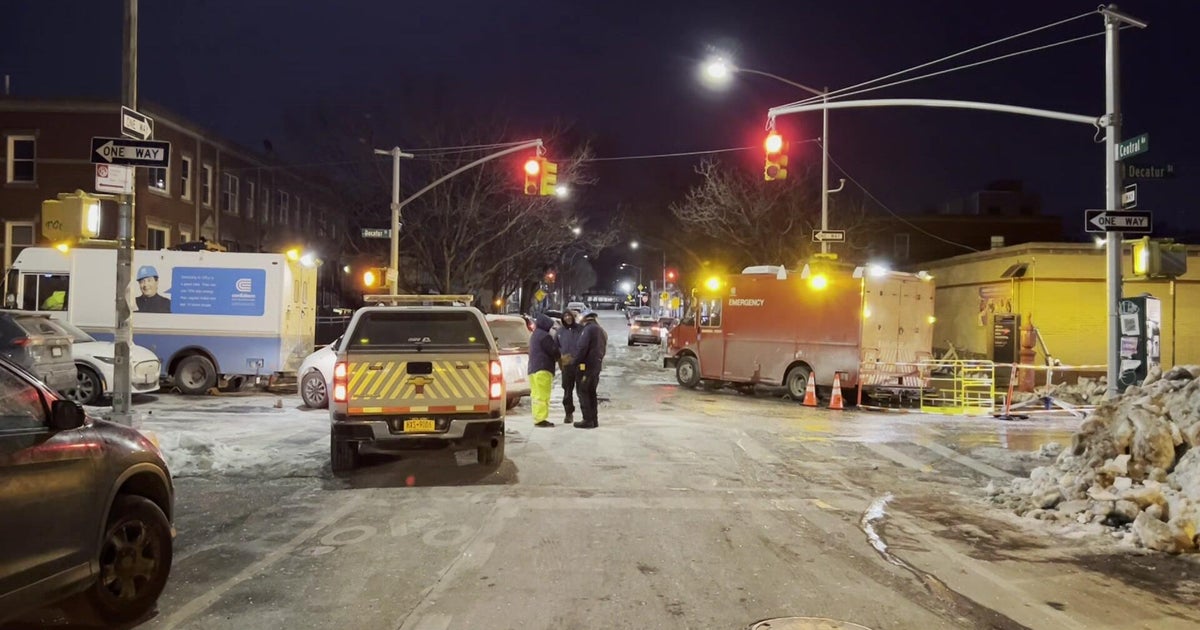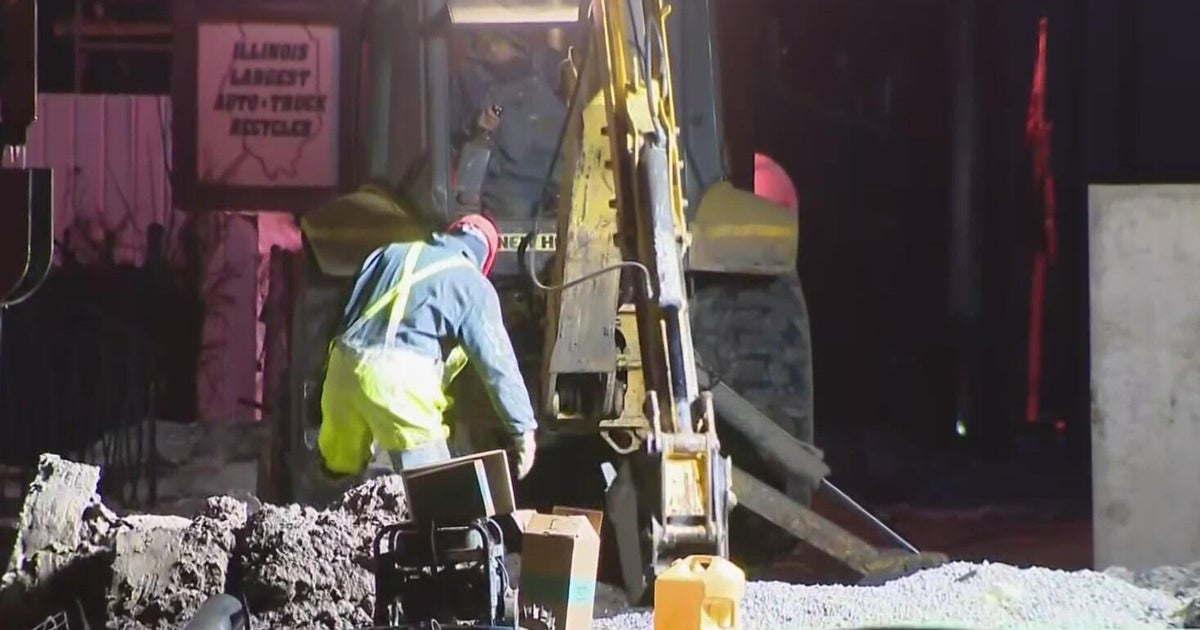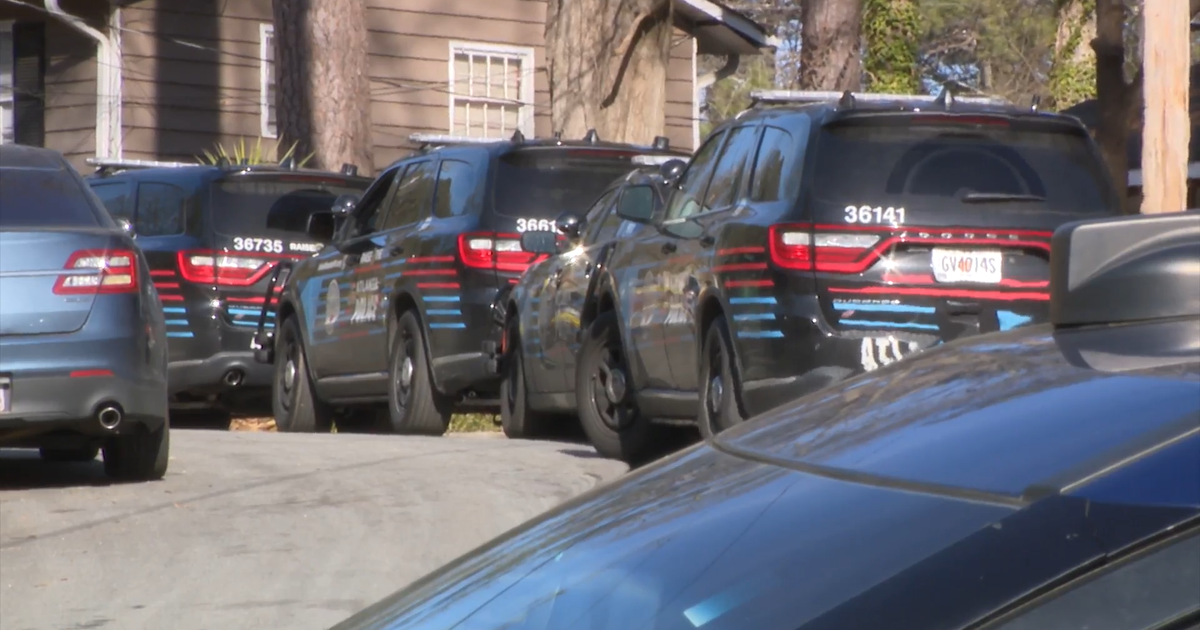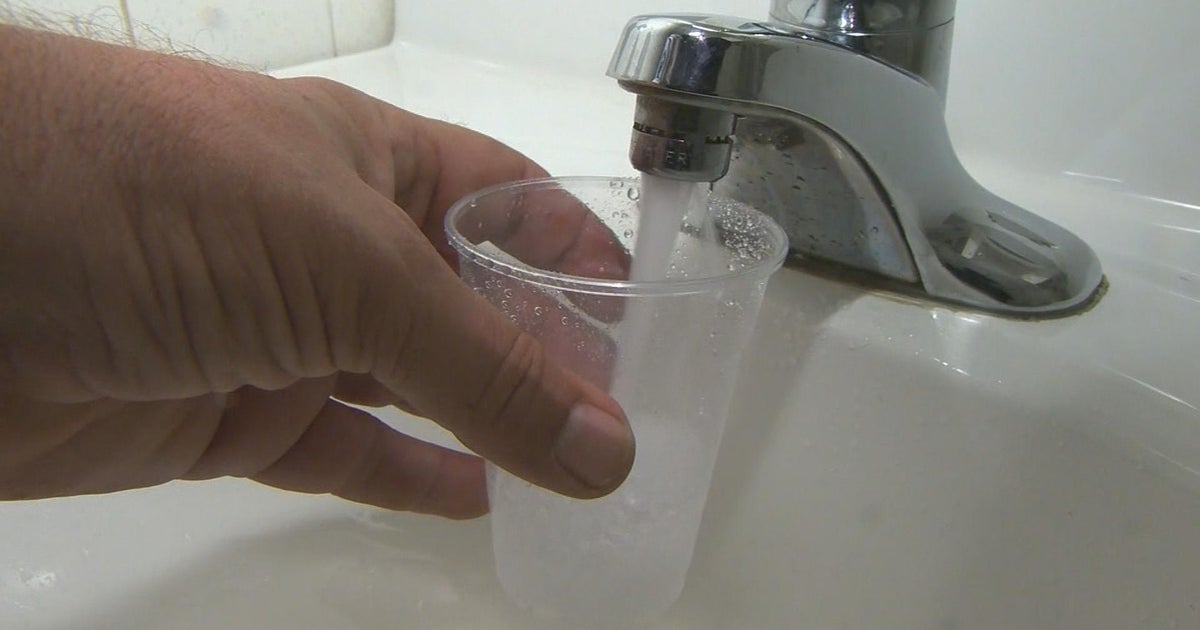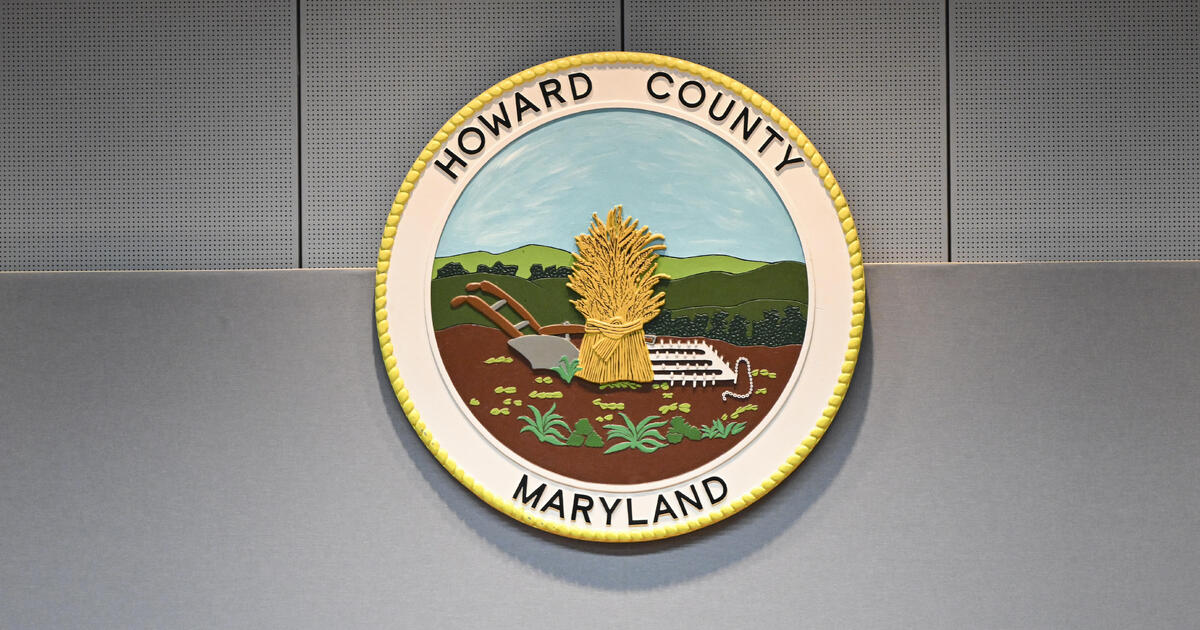California Avoids More Rolling Blackouts Monday; Flex Alert Still In Effect
VACAVILLE (CBS13/AP) — After warnings of rotating power outages, California avoided more blackouts Monday evening.
Earlier in the day, the California Independent System Operator (ISO) said it would likely order utility companies to turn off power later Monday as demand for electricity to cool homes soars during the hottest part of the day beyond the power available in the grid. It was originally estimated that 3.3 million customers would be affected.
Around 8 p.m. CA-ISO thanked Californians for conserving energy and lifted the Stage 2 emergency declaration it issued two hours earlier. No power outages were reported during that time period.
In a tweet, PG&E confirmed there will be no rotating power outages Monday night, but customers are still urged to continue conserving through Thursday night.
A Flex Alert was also issued from 3 p.m. to 10 p.m. Monday. Residents were urged to raise their thermostats to 78 degrees and to avoid using large appliances.
"I know that that's going to be highly disruptive to people. I truly, truly wish there were other options that we had at hand," California ISO CEO and President Steve Berberich said.
You can follow the latest outages in Northern California on PG&E's website.
PG&E's power outage warning came even after Gov. Gavin Newsom signed an emergency proclamation that allows some energy users to tap backup sources. After last week's rolling power outages caught many people by surprise, Newsom also demanded a probe of the blackouts.
Newsom has said he didn't know about the planned blackouts until moments before they started. Last week's blackouts were the first rolling outages to hit California in nearly 20 years.
"I am not pleased with what's happened," he said during a news briefing. "You shouldn't be pleased with the moment that we're in here in the state of California."
Newsom also sent a letter demanding that the state Energy Commission, state Public Utilities Commission and the California Independent System Operator investigate the blackouts.
The Democratic governor said residents battling a heat wave and a pandemic in which they're encouraged to stay home were left without the basic necessity of electricity. In Southern California, temperatures reached a record high of 110 in Lancaster and 111 in Palmdale.
"These blackouts, which occurred without prior warning or enough time for preparation, are unacceptable and unbefitting of the nation's largest and most innovative state," Newsom wrote in the letter. "This cannot stand. California residents and businesses deserve better from their government."
READ ALSO: What Do Before And During Power Blackouts
During a grid operator board meeting Monday, Berberich said the weekend blackouts could have been avoided had regulators listened to its previous concerns about a power shortfall. In call later with reporters, he softened his tone, saying he knows the Public Utilities Commission is working to find the right balance of energy sources.
"It's substantial, no question about it," he said of the outage.
The Public Utilities Commission said it would work with the other agencies to figure out what happened. The demand for electricity in the last few days has been consistent with expectations, spokeswoman Terrie Prosper said.
"The question we're tackling is why certain resources were not available," she said.
The last time a California governor faced power outages, he was successfully recalled. Gray Davis, a Democrat, was recalled in October 2003 and replaced by Arnold Schwarzenegger, a Republican.
Daniel Kammen, an energy professor at the University of California, Berkeley, said the state needs to do more to store and sell clean energy sources, and he hopes this week's blackouts will prompt officials to act.
"This is kind of a stress test on the system," he said. "We have not built up enough of a smart enough system to take advantage of all the renewables we have in place."
Customers are asked to reduce energy use through Wednesday night, especially during peak evening hours.
Bonnie Wikler, 66, worried about her husband, who is recovering from open heart surgery. She said it was very stressful to lose power twice over the weekend at their home in Coalinga, a city in central California where temperatures reached 109 Fahrenheit (43 Celsius).
They thought about driving somewhere but were too afraid of coronavirus exposure, so they stayed home and cooled off with ice water, she said.
"If there was a fire or an earthquake, I would understand, but to cut power without letting you know, it just seems outlandish to me," Wikler said.
Berberich acknowledged that his agency should have given more public notice, saying, "We own that and are sorry we didn't do more."
In Marin County, just north of San Francisco, officials opened a cooling center that only 21 people visited over the weekend, spokeswoman Laine Hendricks said. It's equipped with a backup generator, and employees are screening for COVID-19 symptoms and ensuring people are wearing masks, she said.
"We're still in a shelter-in-place environment," Hendricks said. "Even though it's hot outside, COVID hasn't gone away."
California also still faces the threat of power outages to prevent wildfires. Thousands were without power for days last year when Pacific Gas & Electric and other utilities shut off lines amid high, dry winds in order to prevent wildfires.
Some businesses and government agencies are closing early to conserve energy during this heat wave. The DMV announced it will close all offices statewide at 3 p.m. Monday through Wednesday. Customers with appointments between 2:30 and 5 p.m. will be rescheduled.
In Placer County, the courthouses closed at 3 p.m. Monday.
